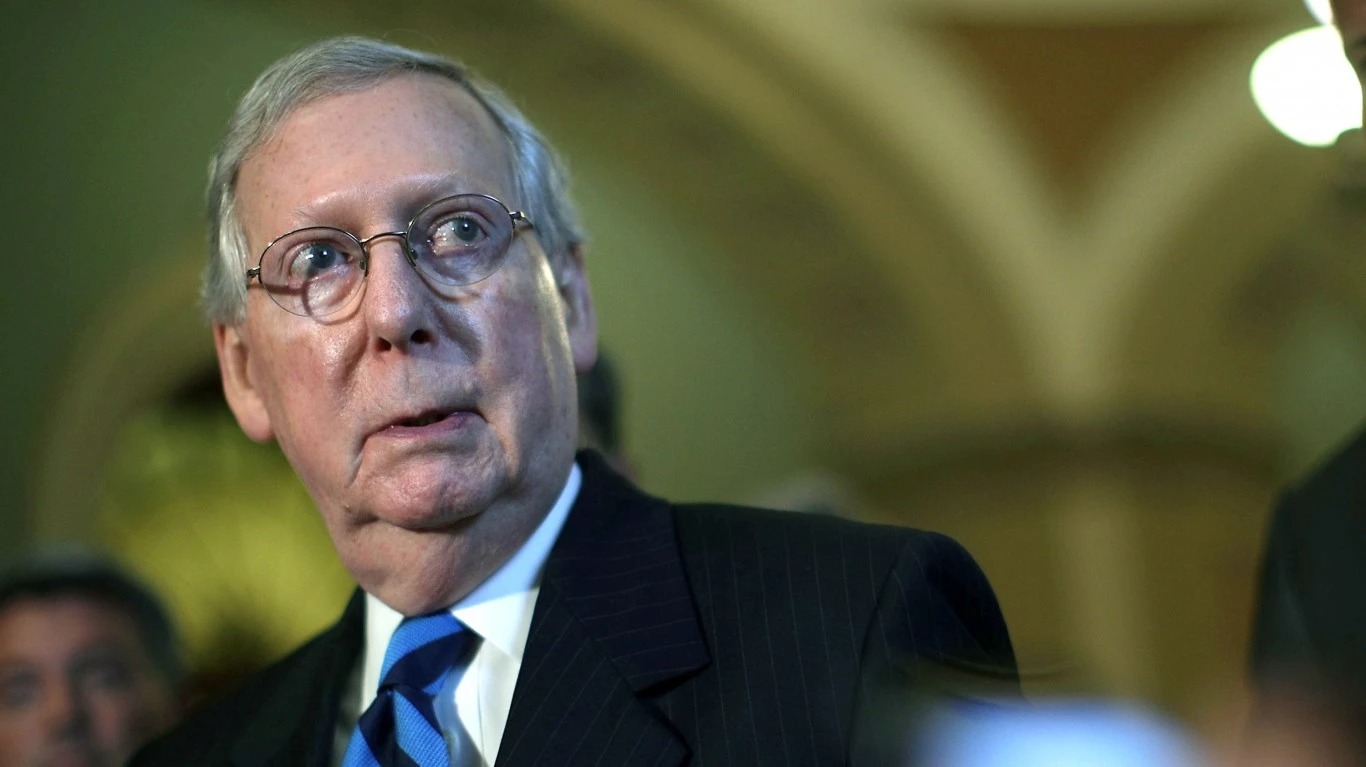
Driven by the burning of fossil fuels, such as coal and oil, global carbon dioxide emissions have climbed by 66.5% over the last three decades. Greenhouse gasses, like carbon dioxide, trap heat in the Earth’s atmosphere – and as greenhouse gas emissions have climbed, so have temperatures. According to the World Meteorological Organization, the last seven years have been the warmest on record.
Should global temperatures continue to rise, the consequences could be catastrophic, as existing patterns such as sea level rise, heat waves, flooding, drought, and wildfires, will only likely intensify. While there is broad consensus in the scientific community that human activity – particularly the burning of fossil fuels – are largely to blame for climate change, such consensus cannot be found among the political leadership in the United States. (Here is a look at the worst states driving the climate crisis.)
Many elected officials in the highest levels of government have taken no action beyond questioning or outright denying the scientific evidence of human-made climate change.
According to a recent report from the public policy research and advocacy group, Center for American Progress, there are 139 sitting members of the U.S. Congress who have cast doubt on the existence of human-induced climate change or minimized the need to act on it. Many of these Congress members have also received significant campaign contributions from fossil fuel companies with a vested interest in maintaining the status quo.
24/7 Wall St. reviewed the CAP report Climate Deniers in the 117th Congress to identify the sitting members of the U.S. House and Senate who have called climate change into question or downplayed the urgency of the problem. We listed each of the 16 Congress members listed in the report who have received over $1 million in political contributions from the oil and gas industry.
Combating climate change will require a shift to clean energy and an overhaul of the U.S. energy sector. While campaign contributions from fossil fuel companies do not necessarily buy political influence, they do call into question the potential for a conflict of interests – especially as a failure in leadership has left the United States trailing behind dozens of other developed countries in the fight against climate change.
Many of the politicians on this list represent states and districts that have been most impacted by weather events linked to climate change. Republican Sen. Ted Cruz, for example, ranks on this list and has represented the state of Texas since 2013. Over his nearly nine years in the U.S. Senate, Texas has suffered through 74 climate-related disasters that caused at least $1 billion in damage. Those disasters – which include severe storms, droughts, floods, and wildfires – racked up a total of at least $200 billion in damage, according to the National Oceanic and Atmospheric Administration. (Here is a look at the worst cities to live in as climate change gets worse.)
Click here to see 15 politicians who have disputed the severity of climate change.





